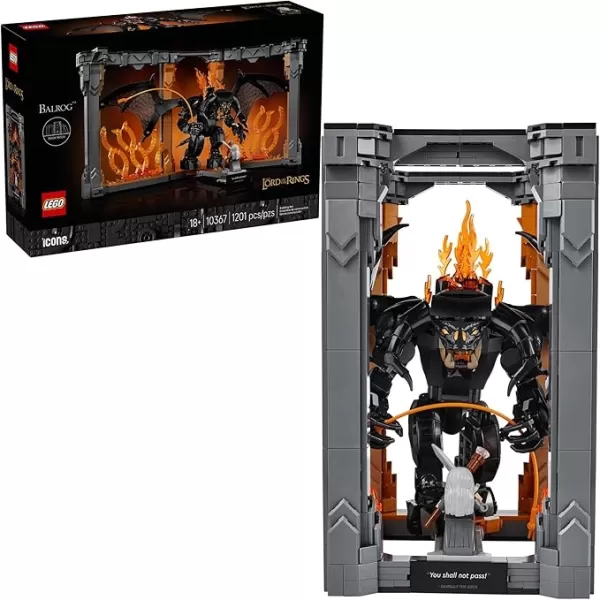The much-anticipated RTX 5090 and 5080 GPUs from Nvidia hit the market yesterday, quickly becoming the hottest items in the tech world. These high-performance, high-cost GPUs sold out almost immediately at retail outlets, leaving many eager buyers disappointed and out in the cold.
As a result, these GPUs, particularly the RTX 5090, are now being heavily scalped on resale platforms like eBay. Shortly after their release, RTX 5090s were snatched up for over $6,000, and prices have since soared to an astonishing peak of $9,000—a staggering 350% markup from the GPU's manufacturer suggested retail price (MSRP) of $1,999.
Why are people willing to pay such exorbitant prices? The RTX 5090 is not just a powerhouse for gaming; it's also highly effective for AI workloads. This makes it incredibly appealing to startups and businesses in the AI sector looking to run models locally. With Nvidia's Datacenter GPUs often out of reach for many, the RTX 5090 emerges as the next best option, regardless of the inflated aftermarket prices.
Nvidia GeForce RTX 5090 – Photos
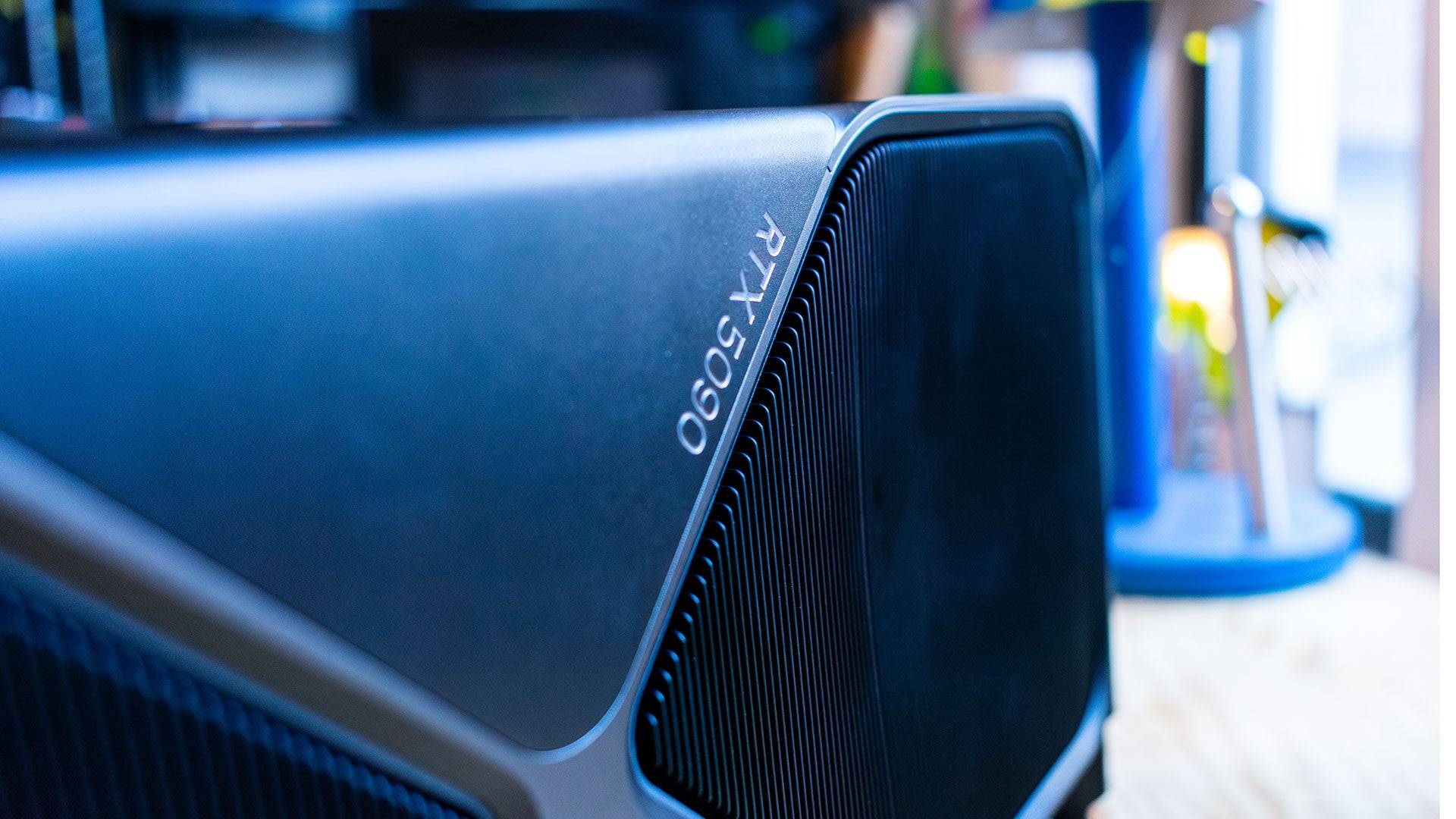
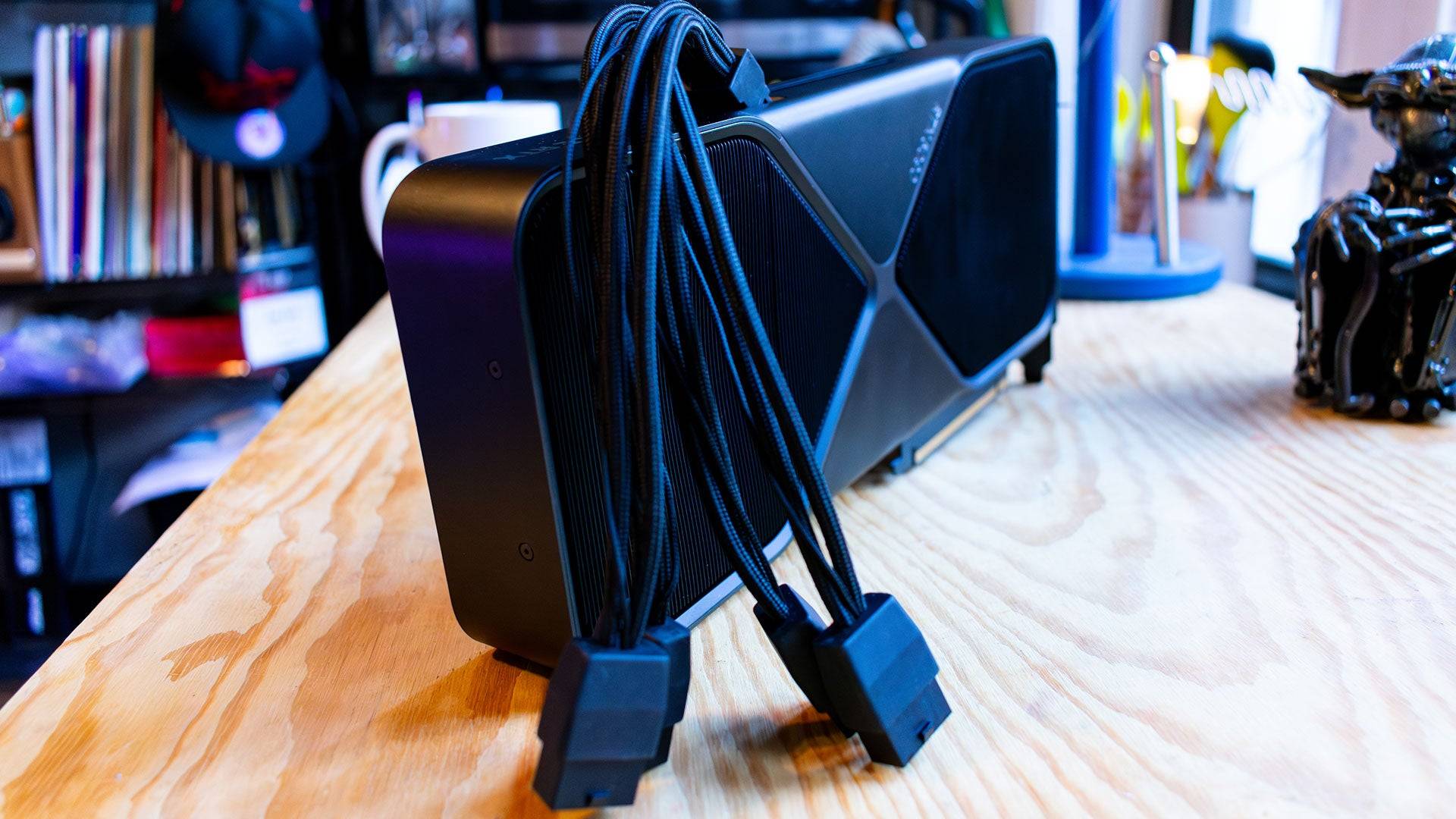 5 Images
5 Images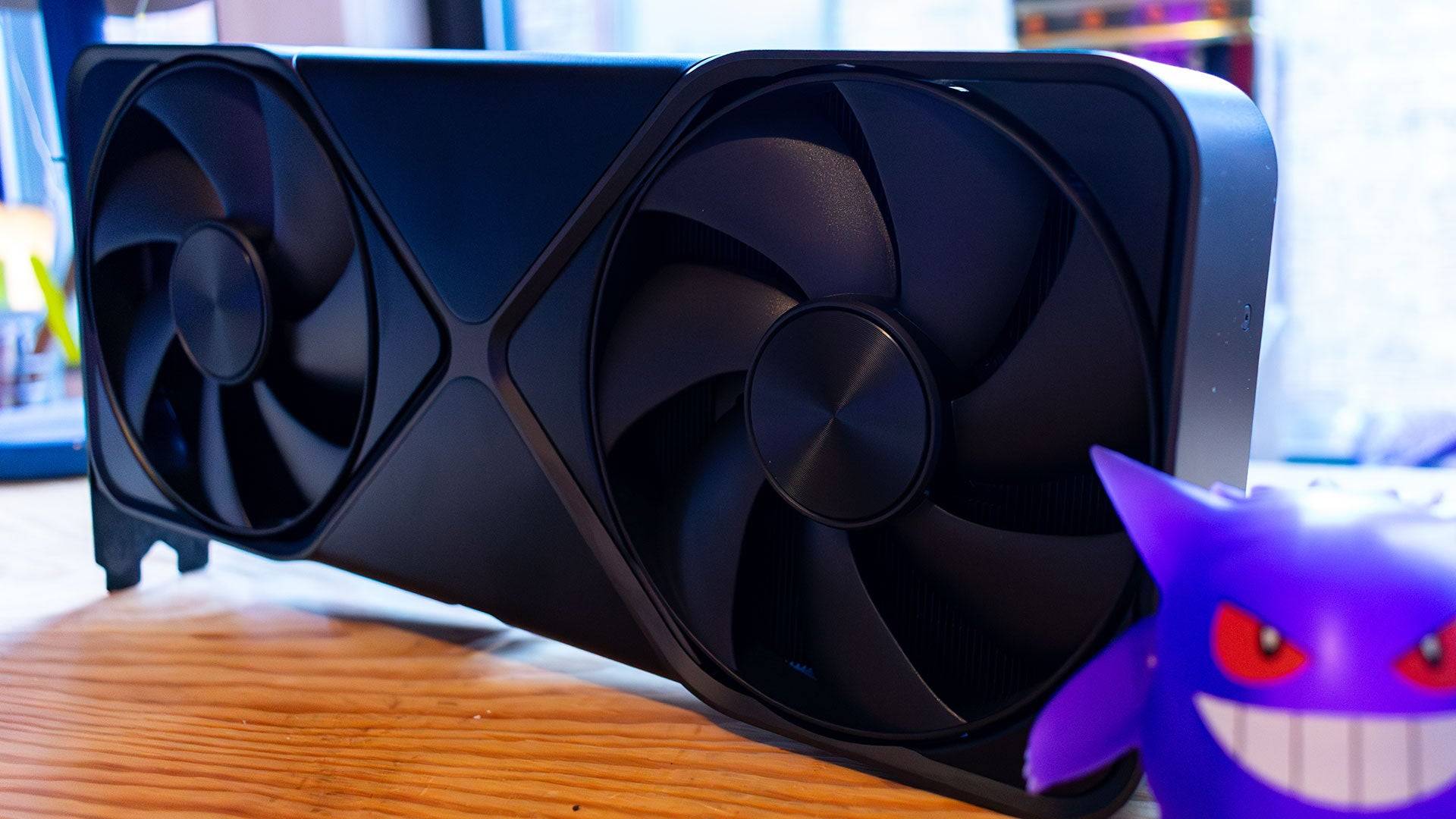
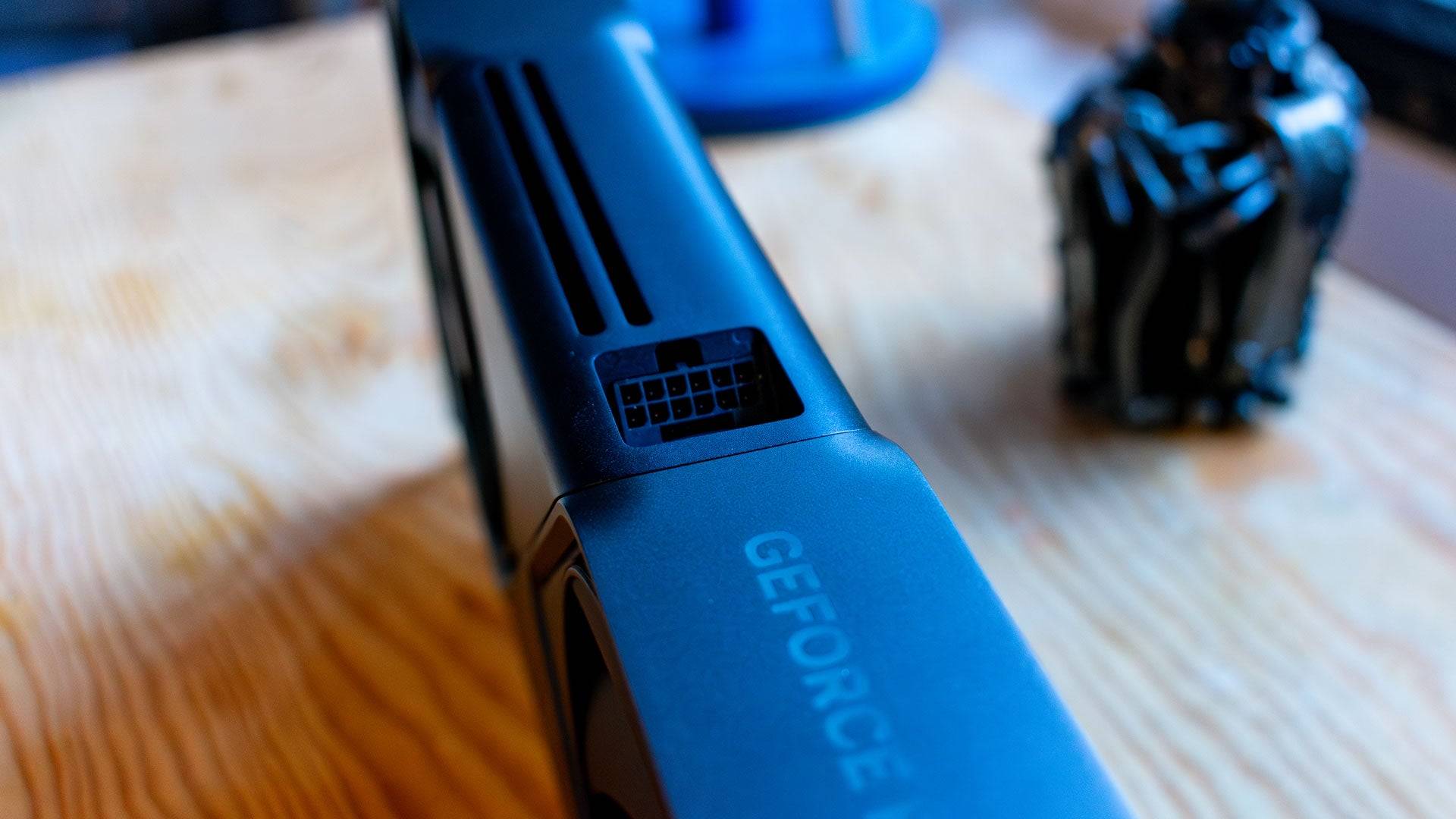
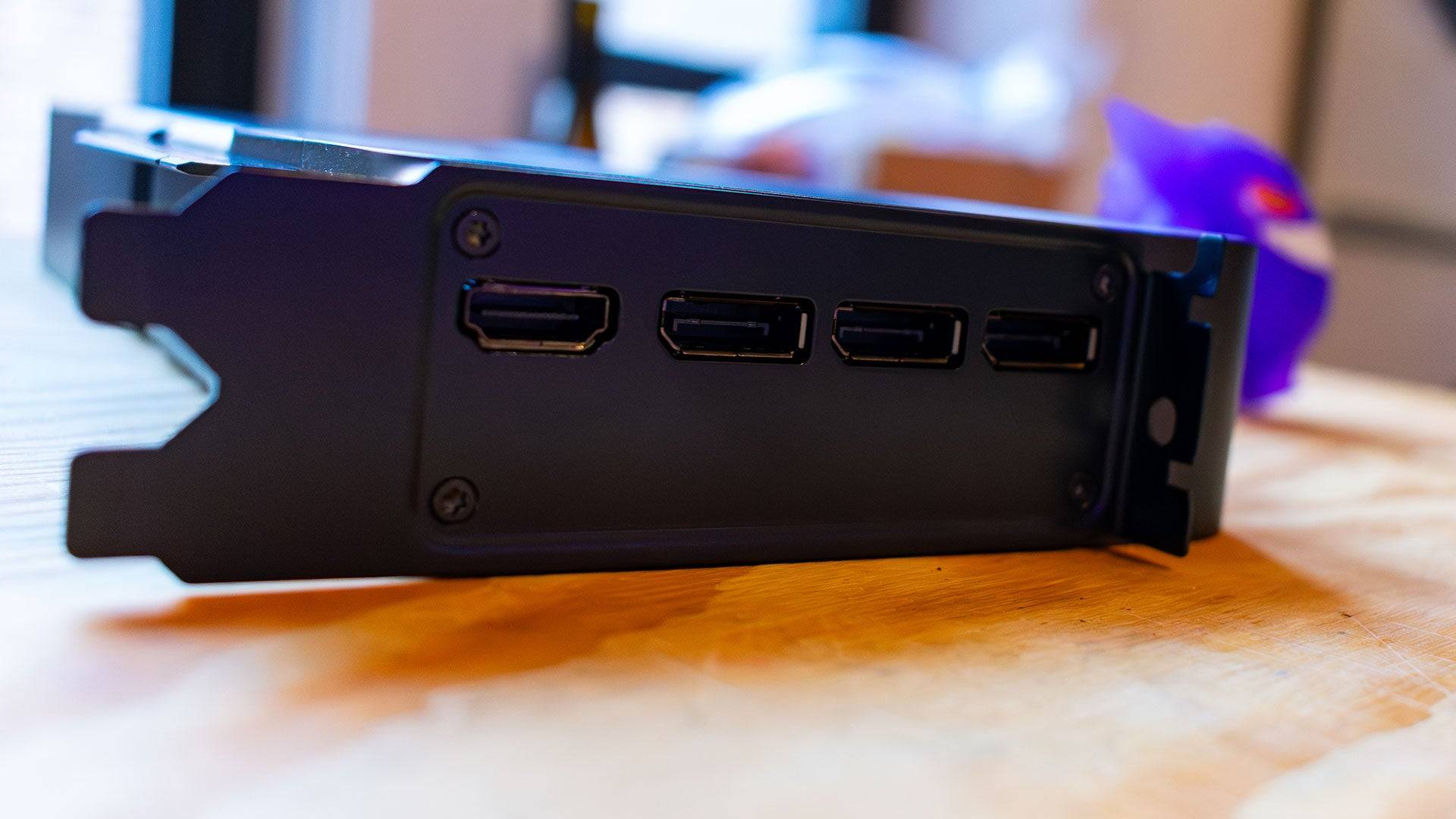
The gaming community, however, is not standing idly by amidst the supply shortage and scalping frenzy. eBay has become a battleground with numerous fake listings designed to deceive buyers into purchasing an *image* of the RTX 5090 instead of the actual GPU.
One such listing blatantly states, "Bots and scalpers welcome, do not buy if you are a human, you will be getting a framed photo of the 5090, you will not receive the 5090. The photo dimensions are 8 inches by 8 inches, I got the frame from Target. DO NOT BUY IF YOU’RE A HUMAN.”
Similarly, another sold listing for $2,457 reads, "Geforce RTX 5090 (read description) Picture Only - Not the Actual Item," with a clear disclaimer that no refunds will be issued for the image, which is not the RTX 5090 itself.
The root cause of this issue is the lack of competition in the high-end consumer GPU market. With AMD's RX 9070 series unlikely to challenge Nvidia for supremacy, and Intel trailing behind, Nvidia holds a dominant position. The combination of card shortages and sky-high prices paints a bleak picture for high-end PC builders and enthusiasts, highlighting the urgent need for more competitive options in the market.



